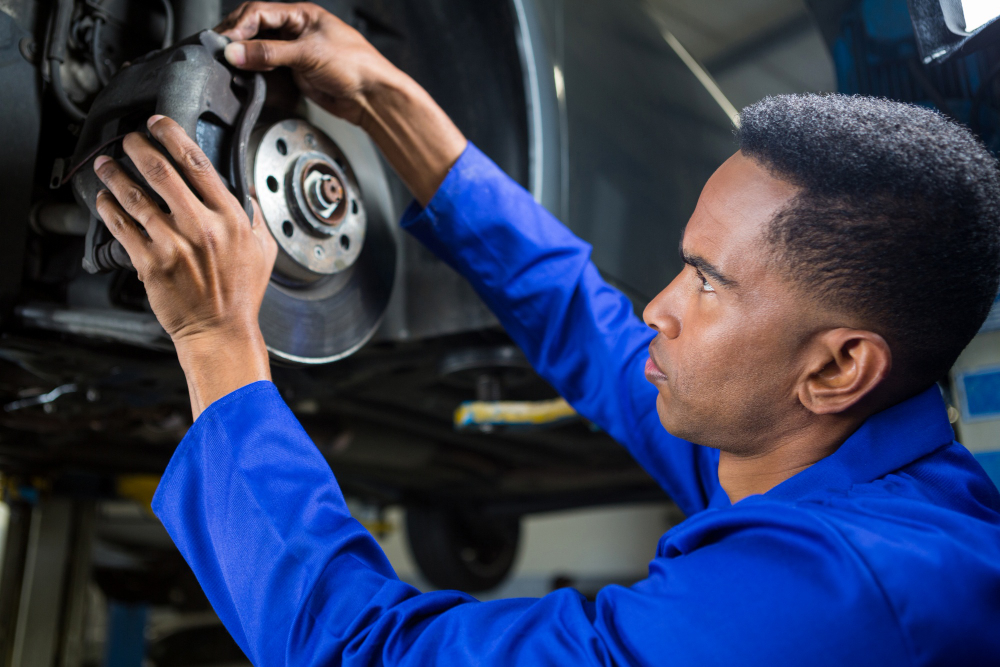5 Warning Signs Your Brake Calipers Are Failing - And How to Fix Them!

Brake calipers are an important component of a vehicle's braking system. They are responsible for clamping the brake pads onto the rotors, which creates the friction necessary to slow down or stop the vehicle. In this blog post, we will discuss the different types of brake calipers, how they work, and when they need to be replaced.
There are two main types of brake calipers: floating calipers and fixed calipers. Floating calipers have one or two pistons that move in and out, while fixed calipers have multiple pistons that are all the same size. Floating calipers are more common on passenger vehicles, while fixed calipers are typically found on high-performance vehicles.
When you press down on the brake pedal, brake fluid is sent from the master cylinder to the brake calipers. This causes the pistons to move out and press the brake pads against the rotors. The friction between the pads and rotors creates the braking force that slows down or stops the vehicle.
Brake calipers should be checked regularly for wear and damage. If the calipers are not functioning properly, it can lead to poor braking performance and even failure. Some common signs that you may need to replace your brake calipers include:
- Leaking brake fluid
- Vibrating or pulsating brake pedal
- Grinding or squealing noises when braking
- Uneven brake pad wear
If you notice any of these symptoms, it is important to have your brake calipers inspected by a professional. They can determine if the calipers need to be replaced or if there is another issue with the braking system.
In conclusion, brake calipers are a crucial component of your vehicle's braking system. They work by clamping the brake pads against the rotors, which creates the friction necessary to slow down or stop the vehicle. If you notice any issues with your brake calipers, it is important to have them inspected and replaced if necessary to ensure safe and reliable braking performance.
